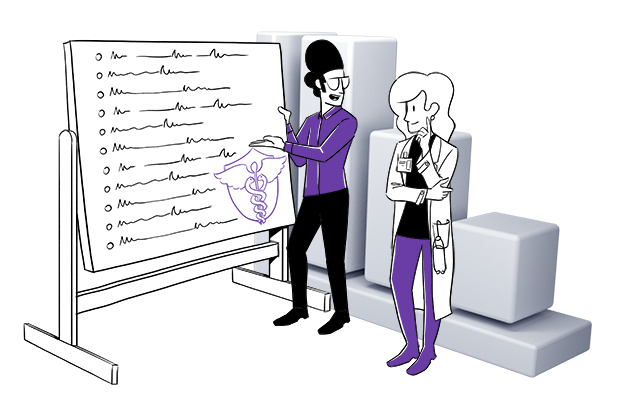Session analytics is a method of tracking and analyzing user interactions on a website within a specific timeframe (typically 30 minutes) known as a session.
It aggregates various user actions or “hits” (like page views, clicks, and form submissions) into sessions, providing a comprehensive view of user behavior during each visit. This approach, used by platforms like Universal Analytics and Piwik PRO Analytics Suite, remains valuable for understanding user intent, tracking marketing performance, and ensuring accurate, privacy-friendly data.
Despite the rise of event-based analytics in tools like Google Analytics 4, session-based analytics is crucial for consistent and reliable measurement across different devices and browsers.
The essential use cases for session-based analytics include:
- Omnichannel marketing: It helps you analyze user interactions across various touchpoints and channels, providing insights into traffic sources and performance.
- User journey analytics: It allows you to track individual user visits separately, offering accurate conversion reports and insights into user intents and behaviors.
- Accurate data and control: It ensures reliable data despite browser differences and short cookie lifespans, maintaining accuracy and compliance with privacy regulations like GDPR.
To learn more about the distinction between session- and event-based analytics and the practical applications of the two methods, read these posts:









